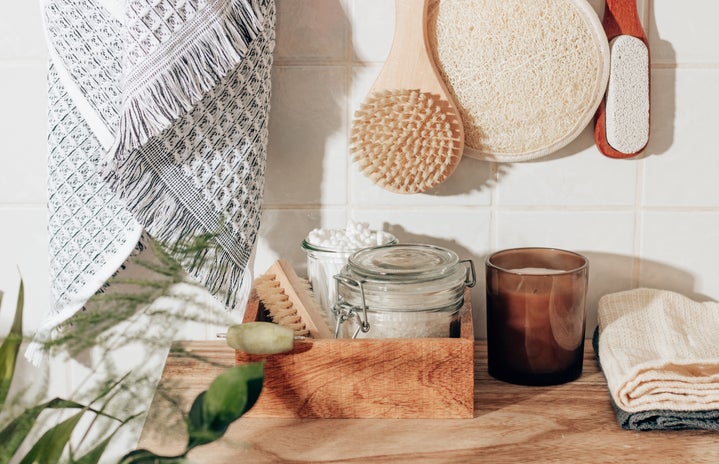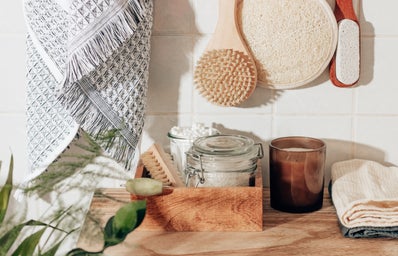Reduce, reuse, repurpose, recycle, refuse: Everyone knows them, so why don’t we use them?
Being sustainable and ethical is a daunting task for the best of us, let alone a broke student living off pesto pasta and a bottle of vodka a week. I learnt, after COP26, that being sustainable starts with our governments and corporate giants. It is their initiatives that launch the accessibility of sustainability and therefore the acceleration of our own personal steps towards becoming sustainable. What I also learnt is that governments don’t always deliver on such initiatives and, while it’s more difficult and less accessible, we must therefore take our own actions. But how?
Being conscious
Sustainability doesn’t always come from buying reusable makeup pads or a bamboo toothbrush (but do this if you can!), I think the main thing to focus on when trying to be more sustainable and ethical is ensuring that your personal beliefs are aligned with the actions of companies you buy from. This is the Refuse ‘R’ of being sustainable. Your support comes economically in the society we live in.
For example, a corporation I avoided when looking into student banking was HSBC who pledged on their website that they were ‘playing a leading role in mobilising the transition to a global net zero economy, not just by financing it, but by helping to shape and influence the global policy agenda’. However, unless their financing includes funding $5.3billion in new fossil fuel projects this year alone, they have not done much in the way of keeping their promises. It is essential, therefore, that we show our support financially for the companies who really are doing something for our planet and not the ones greenwashing us.
Getting Involved
I think another massive step in the right direction when trying to become more sustainable and ethical is affiliating yourself with a charity or two and being an active participant in them. Think of this as a newly refined, R, which doesn’t begin with R at all, ‘Activism’. Share their posts on social media, sign petitions (this is essential!), financially fund through donations (if you can) and keeping yourself up to date with their current focuses and actions are all active ways to get involved. I know protesting isn’t for everyone, especially now with Priti Patels new bill, but activism shows direct support and dedication wholeheartedly and is a great force for change.
Rethinking the way we do mundane, everyday tasks are impactful ways to make slight changes in your material life. For example, you’re in Lidl, buying your weekly shop, why don’t you try almond or oat milk this week instead? Or bring reusable grocery bags and only buy a few loose vegetables and fruits like apples and potatoes, only the things you need. In doing two simple things you’re limiting your exposure to plastic and food waste as well as distancing yourself from industries that harm the environment. It’s also a subtle application of the Rs I keep mentioning. When you’re next shopping think consciously about what you’re buying ask yourself questions regarding the R’s. Also apply them to your everyday life. Can I find a better environmentally friendly options? Ones without plastic, aren’t apart of harmful industry, what brands are you buying from? Do their actions align with your beliefs? You’re going out but are tired of all your clothes, have you tried vinted, Depop, Ebay, Charity shops? What about your meat consumption, have you tried Quorn or a Greggs vegan sausage roll? You’re at a restaurant, why don’t you try something new and vegan/ vegetarian there?
Being an ethical student can sometimes be harder, more expensive than we would perhaps like but being sustainable and ethical doesn’t demand you buy solar panels, it really is simple when you’re conscious.


